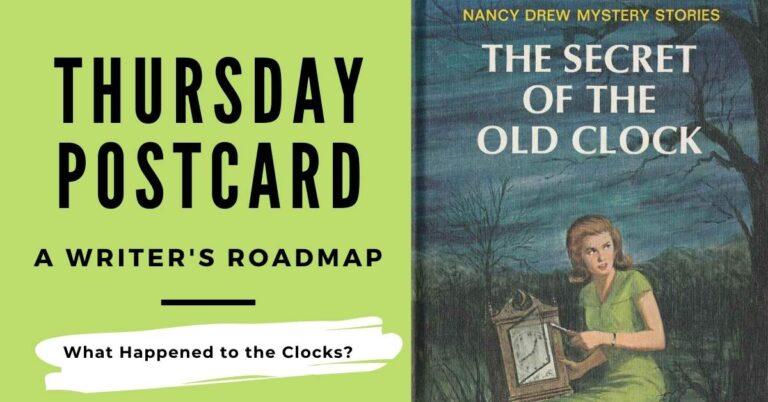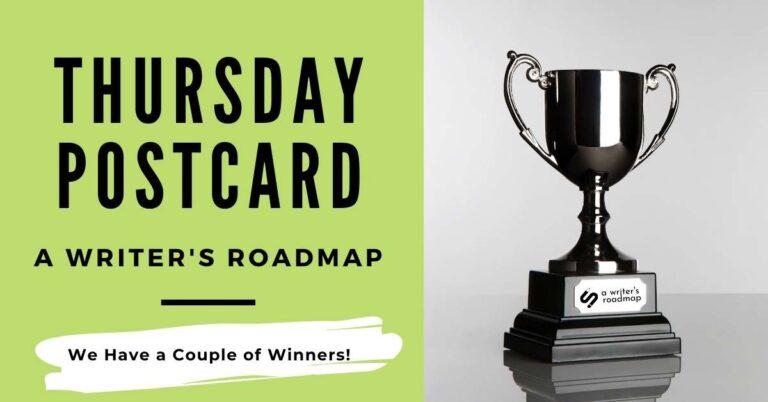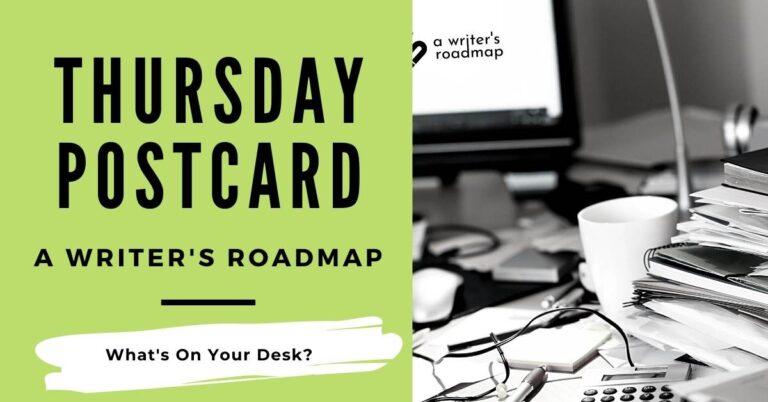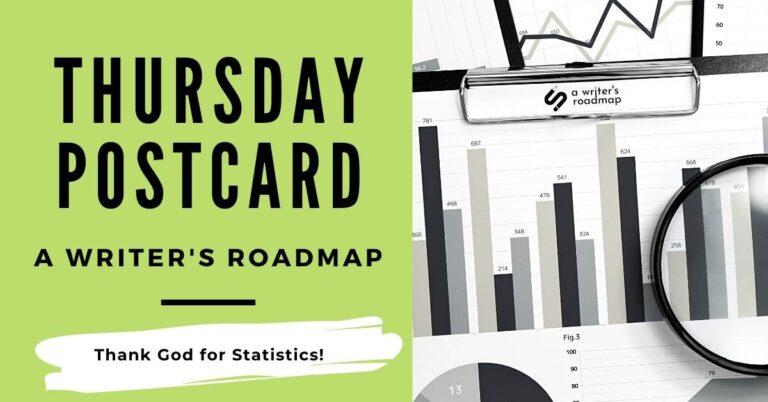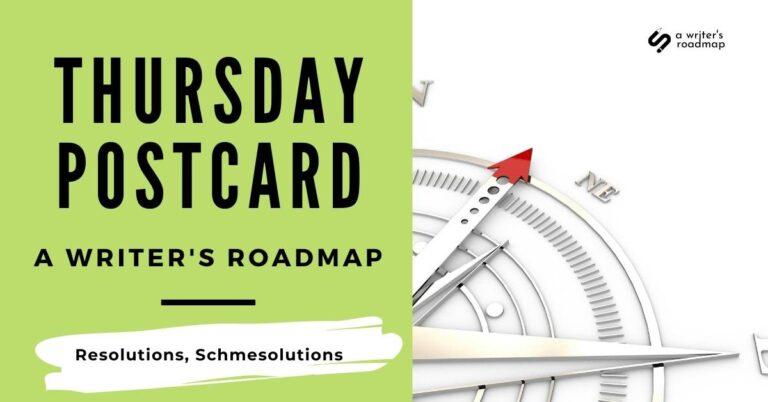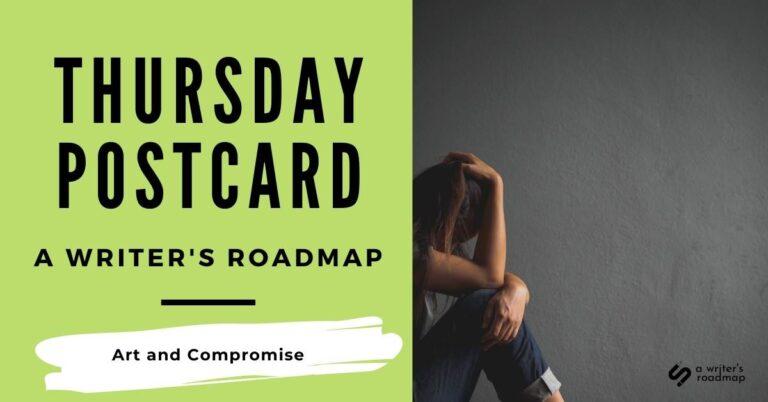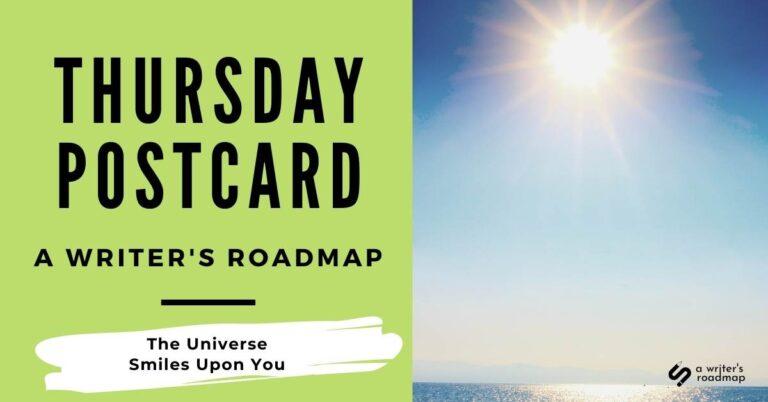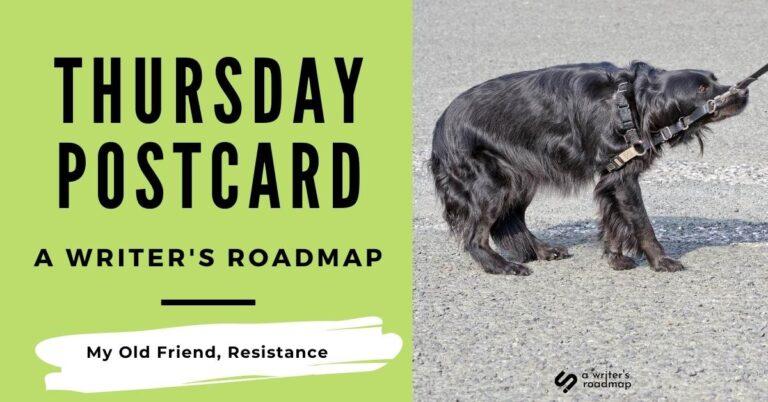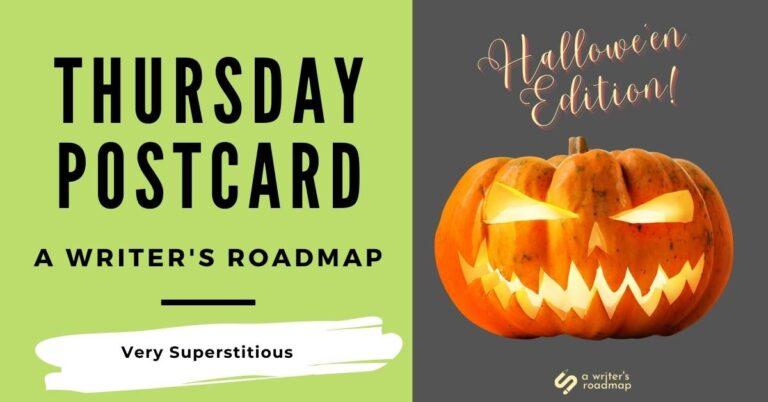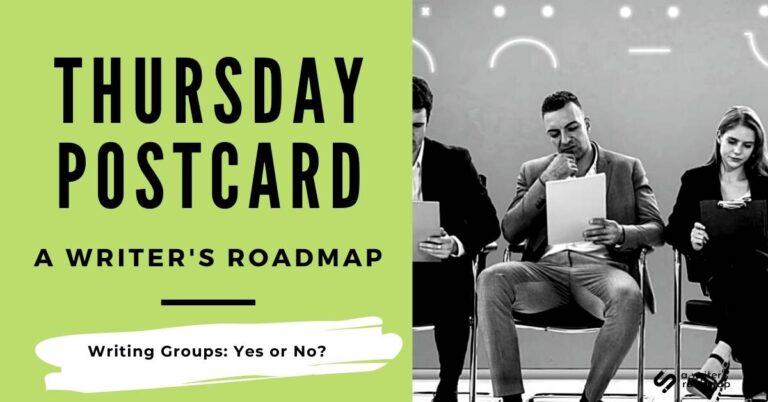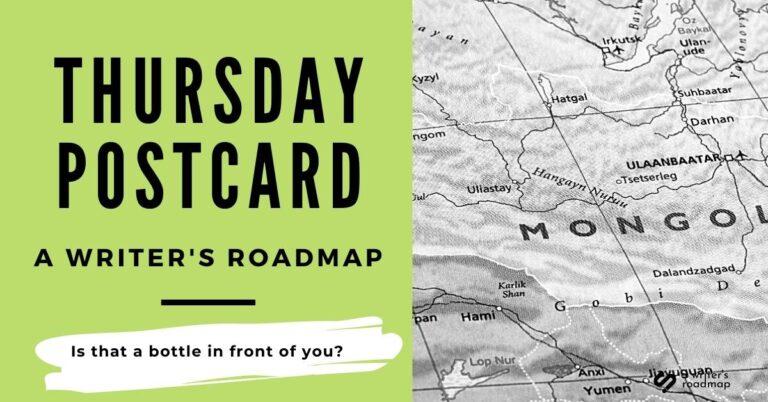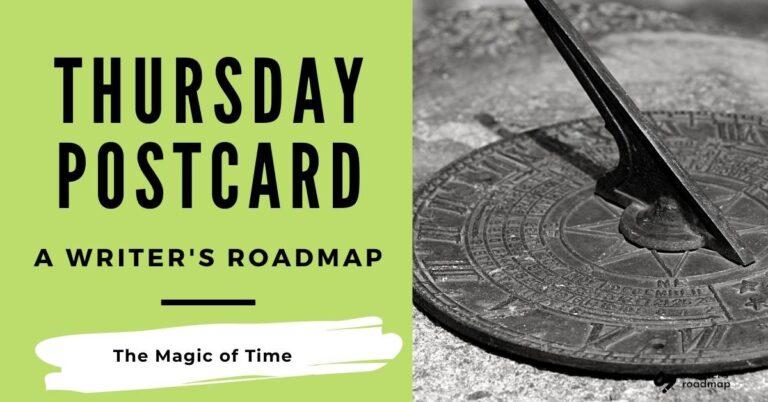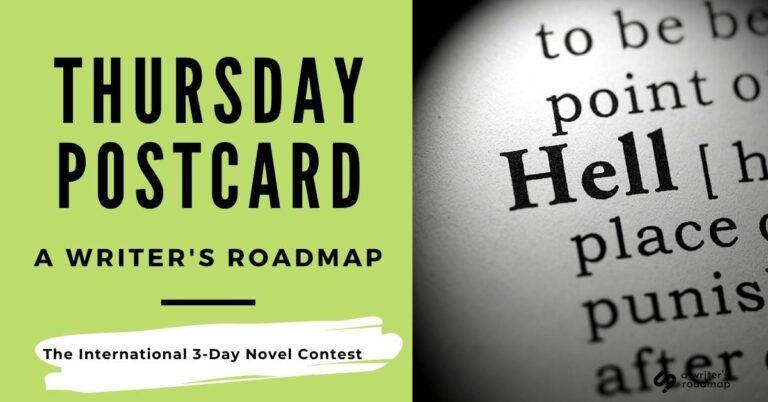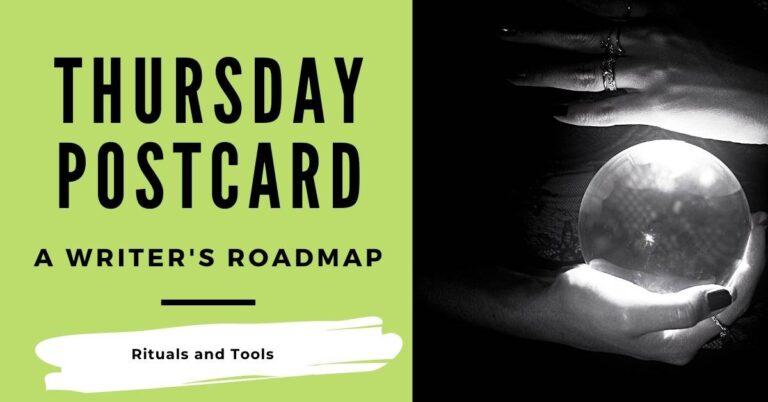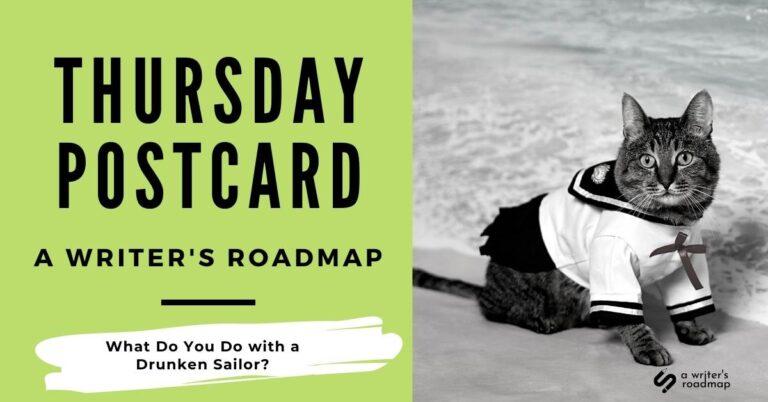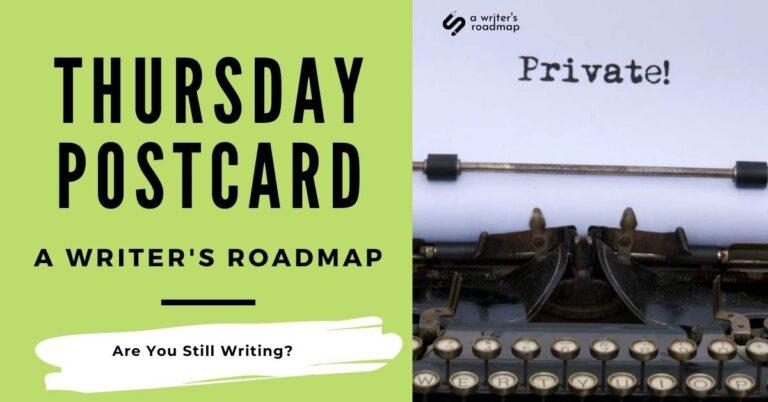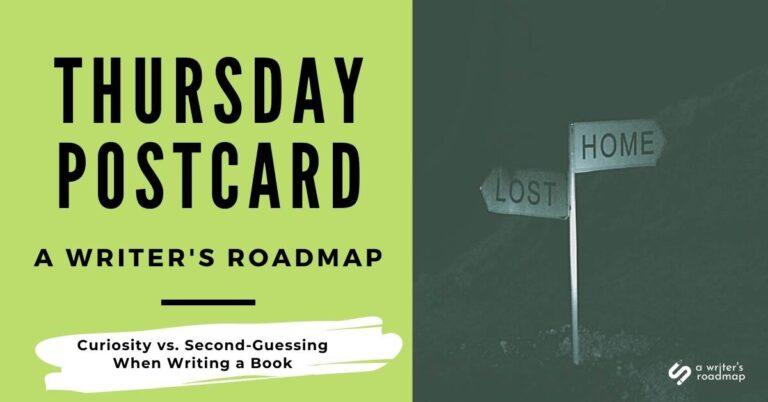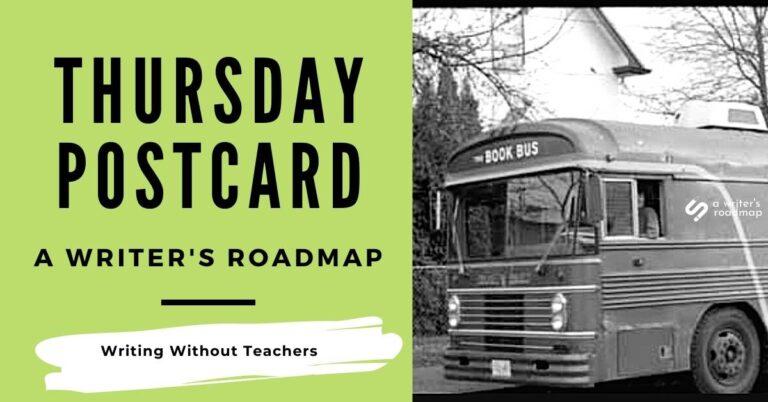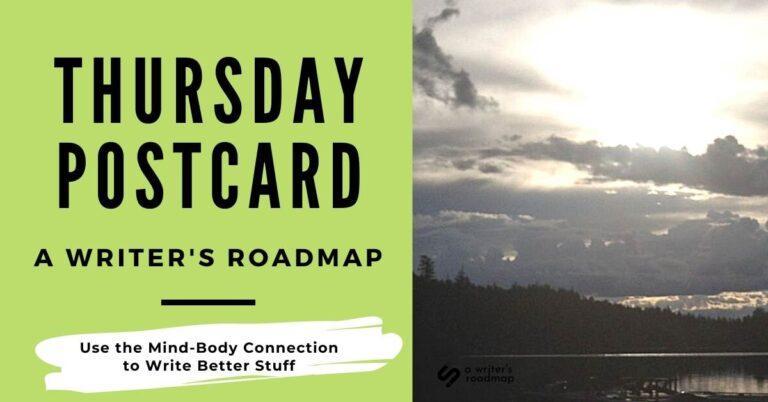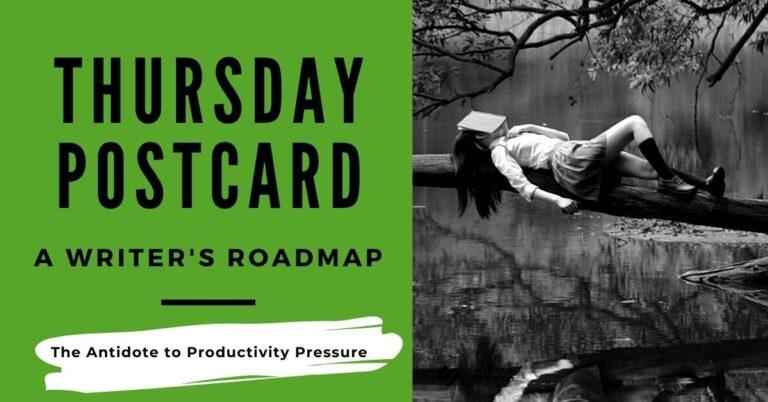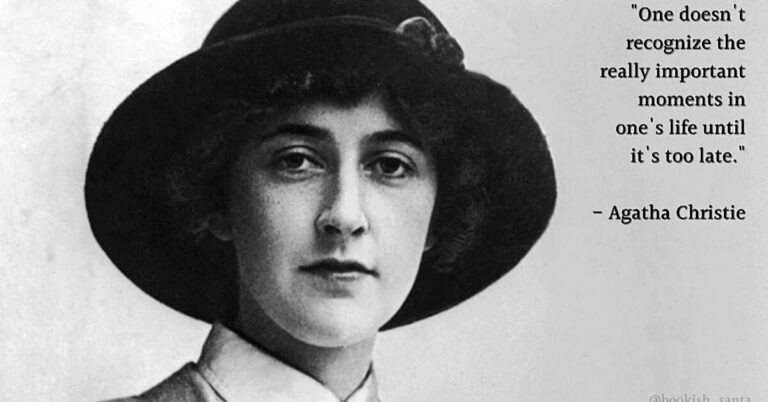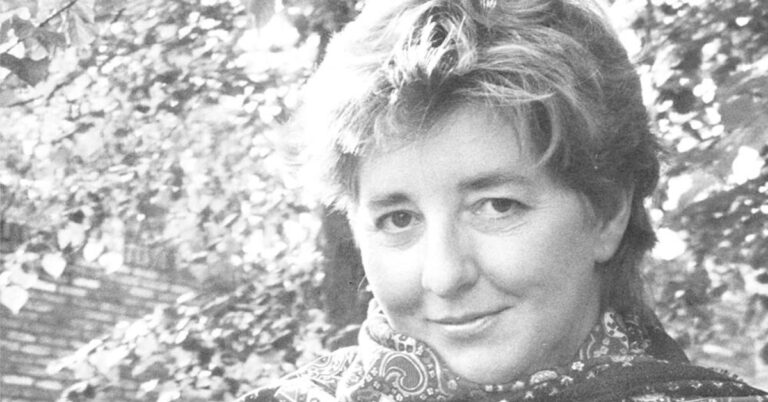A Writer’s Roadmap Thursday Postcard
“Writing is like driving at night. You can see only as far as the headlights, but you can make the whole trip that way.”
E.L. Doctorow, in interview,
Vogue magazine (Nov. 1984)
Good metaphors like Doctorow’s express a truth, and can help guide you through writing a few pages or chapters, or even an entire book.
But sometimes you want more than helpful quotes. Novelist Jenny Shank writes:
“Perhaps you could win a writing contest and the illustrious judge could pluck you out of obscurity. Or maybe you could attend a workshop taught by a writer you admired and try to dazzle them. Once you had a mentor, they would guide your development, recommend your work to their agent and editor and, voilà, you have arrived.”
None of that happened. Shank’s mentor, Lucia Berlin, eventually came to her not through being brilliant in the right places, but rather through what seemed like a series of obstacles and setbacks.
My own mentors have been night school and MFA teachers, other writers (online and in person), and books that were doing what I wanted to do–what one of my students described as “books that make a hidden part of me feel seen.”
Helping a writer through an entire project is not usually what mentors do. Mentors are more of a “how to be a writer” assist. They confirm that it (writing) can be done. If they’re in a position to give you feedback, they can bolster your belief that your stuff is worth the time it takes to read. Or they can tell you about things they learned the hard way. They can share opportunities, give you a reality check, and steer you toward books that do well what you’re trying to do with yours.
If it weren’t for mentors, whether in books or in real life, I might have stopped writing a long time ago. We’ll never know, because one always appeared when I needed them. Sometimes money changed hands, sometimes not. As my skills and experience grew, new mentors showed up to help me through the next phase.
If you don’t have a writing mentor at the moment, or you’ve never had one, I recommend keeping your eyes open. You’ll recognize them when they cross your path.
Cheers,
Pat
“The best mentorship is not a kind of leading, but a kind of being with.”
Jenny Shank
Lucia Berlin: My Mentor in Being an Outsider
by Jenny Shank, Poets & Writers Nov./Dec. 2021
[photo credit Buddy Berlin; Literary Estate of Lucia Berlin]

